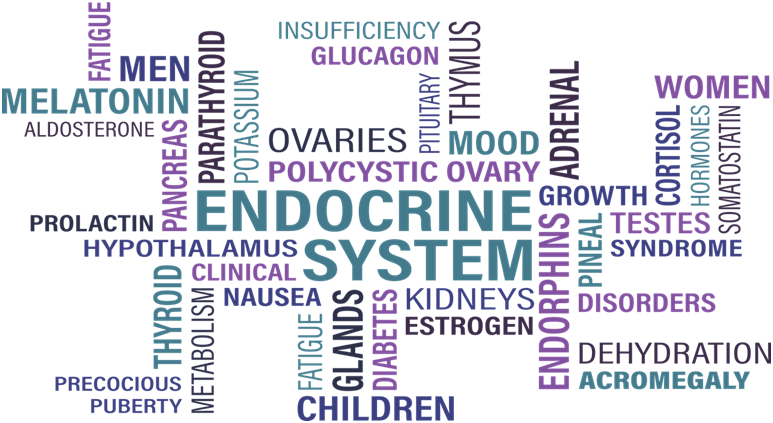The endocrine system is a complex system that involves hormone-producing glands such as pituitary gland, thyroid gland, parathyroid glands, pancreas, adrenal glands, ovaries or testes that regulates vital functions such as metabolism, growth and development. Diseases arise from these organs may lead to stunted growth, metabolic or reproductive problems. The severity of these diseases can be ranging from not causing impairment to the occurrence of cancers. Unfortunately, most of the diseases cannot be cured so endocrinologist in Malaysia plays a very important role to improve the life quality of these patients by tailoring the optimum treatment for them.
Principally, treatment modality can be categorized into 3 types: conservative, medication and surgery. Common endocrinal diseases in the milder form such as diabetes mellitus and obesity can be managed conservatively by advising the patients to modify on their lifestyles. For example, a patient with newly diagnosed mild diabetes mellitus, physicians will not start the treatment with medications, instead, they will advise the patients to modify their diet to Diabetes Diet which is enough to control the blood sugar level if the patients adhere to the advice. Same goes for obesity where the physicians will refer them to physiotherapists to get their workout plan tailored. A healthy diet and regular exercises are proved to reduce the risk of developing complications and improve one’s survival. So, sometimes you do not need the medications which may probably do more harm than good.
However, when one starts to experience devastating symptoms, for instance, a patient with hyperthyroidism constantly have palpitations, profuse sweating, anxiety or weight loss which can be decapacitating, affecting daily activities and work performance. Thus, medications are needed to control these symptoms so that the patients can operate properly throughout their days. However, all the medications have their own side effects, so these patients are required to follow up with the physicians for constant monitoring and dose adjustments if necessary. Sometimes, chemotherapy is needed to tackle cancerous glands which can be shattering for the patient because the effect of chemotherapy can be overwhelming. Patients can discuss with the physician on the decision of initiating chemotherapy to be well-informed and fully prepared.
Lastly, surgical modality involves removing the cancerous glands or the tumours arising from them, but this modality may lead to irreversible damage on certain functions of the body. Conditions such as pituitary adenoma cause abnormal secretion of vital hormones and pressure effect which may lead to necrosis of pituitary gland. Hence, surgical removal of the tumour is needed to normalize the hormones of the patients. Thyroid cancers too, need to be surgically removed to yield a better survival rate for the patients. Occasionally, chemotherapy may be needed to eliminate the remaining cancer cells so that spread and recurrence can be prevented.
For patients with disability, they may need a more wholesome approach where it involves cooperations between each discipline. Physiotherapy, occupational therapy, orthopaedics, surgical and endocrinology have to work together to ensure the life quality for these patients, resolve the correctable issues so that the patients can enjoy the most positive treatment outcome.



